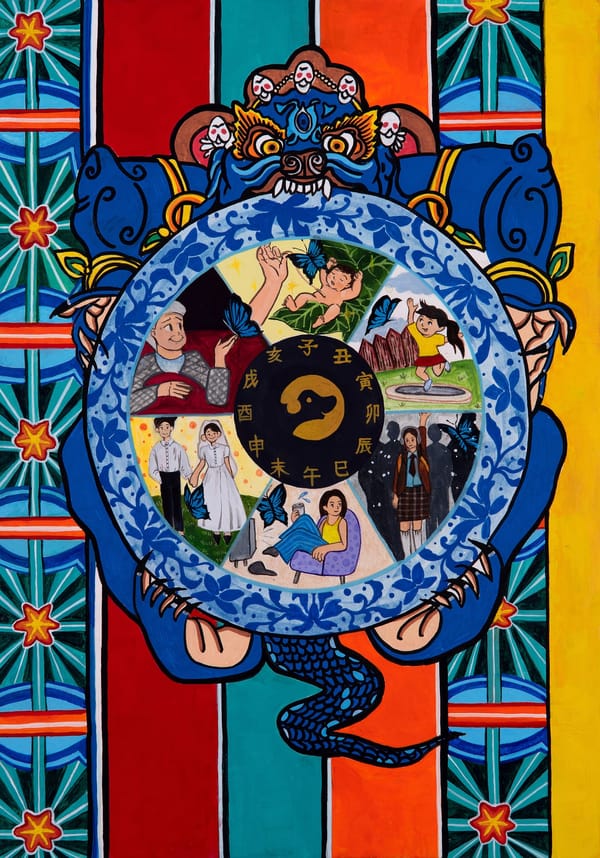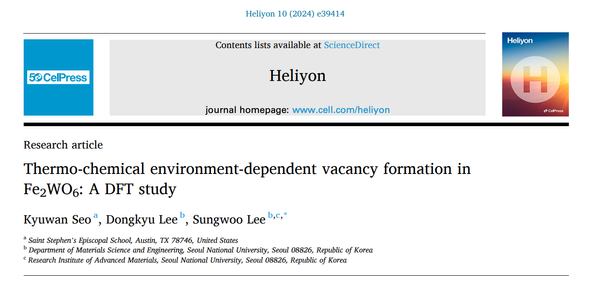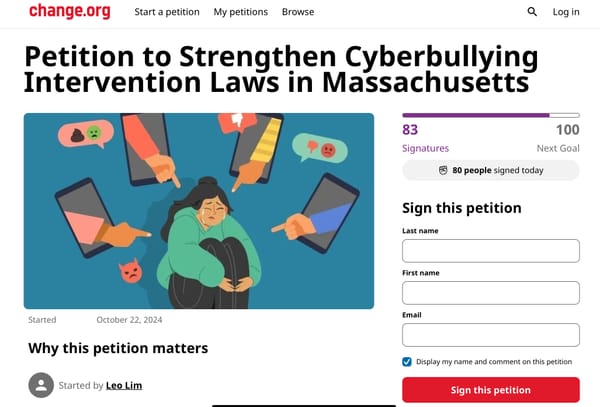What Research Scientists Could Learn from Twelve Angry Men
By David Taehee Lee
Mastery of knowledge alone does not make great men, and the ability to reflect on people differently is a leap towards sincerity and excellence. Although people consider research scientists experts, the 'experts' also have something to learn from an ordinary view. We can spot significant relationships between research scientists and the twelve jurors in Twelve Angry Men: they analyze evidence (data) to support their claim or convince their audience. However, researchers professionally study their field of choice, whereas the twelve jurors assume a temporary post with little to no experience. Research scientists can gain valuable insights from Twelve Angry Men via similarities and differences. They can adopt a sense of independence, realize the importance of taking in even small details, and raise awareness of the risk of prejudice in research.
Research scientists can recognize the importance of independence from social pressure and other scientists in analyzing data. In the first open ballot, six jurors immediately raise their hands in favor of the guilty defendant. The other five jurors, except J8, look around and raise their hands in order (Twelve Angry Men, 00:11:08-00:11:15). The first six already form a majority, and each time another juror raises his hand, the majority grows in size, adding to the pressure on the people who haven't voted yet. A pressuring atmosphere dissuades scientists from thinking and acting on their free will and bends them towards agreeing with the majority. When a scientist can maintain their sense of doubt and make an objective judgment on facts without the coercion of society and others, they can reach a confident, legitimate solution.
Research scientists should be aware of small quantities since data might be small but vastly influential. J9 catches J4 rubbing his nose, recalls the female witness doing the same thing, and infers that she would not have had her glasses on the night of the crime (01:24:18-01:28:03). Although the nose marks might seem irrelevant to the case, J9 effectively casts reasonable doubt from sharp observation, causing J4 to shift away from the previous belief that the defendant was guilty. Small information might appear unimportant, but research scientists can unravel previously unseen connections when put together accordingly. By not passing by on tiny shards of data, research scientists can find substantial evidence that, without it, would result in a significantly misleading and inaccurate conclusion.
Research scientists learn to make reasonable analyses by separating science from prejudice. J10 bellows, "Look, you know how these people lie! It's born in them" (01:17:46-01:17:48). In his discrimination against people from an impoverished background, J10 assumes the boy to be a negative image of being a liar, a heavy drinker, and a brutalist. J10 is overconfident that the defendant can only be guilty. Soon enough, everyone else turns away from him, both physically and mentally;- this shows that a biased opinion has no power or persuasion. Scientists would merely see what they want or expect with a prejudiced view. Neither fellow scientists nor the public would accept the results of such research. Drawing the line between science and preconception is essential in an accurate and practical understanding of research science.
Sweat drenches the twelve jurors by the movie's end, reflecting all the hard times but meaningful work they went through. They seem to be wearing their sweat-soaked clothes like shining armor of rightness, as naturally as it can be. Is this not the real lesson for research scientists? Putting effort into oneself until the duties of a person of science become second nature. In To Kill a Mockingbird, Atticus Finch says, “In the name of God, do your duty” (Lee 274). Atticus wanted a fair jury verdict to save one black man and change the consciousness in people. When research scientists carry out what they learn from the twelve jurors, who fulfill their duty in reaching a rational conclusion, naturally and consistently, the world will become a better place.


